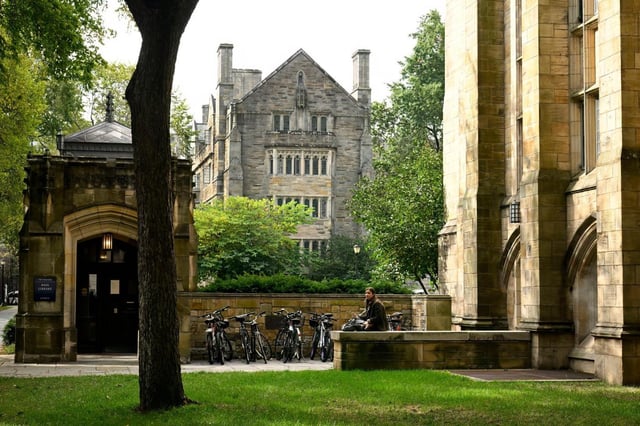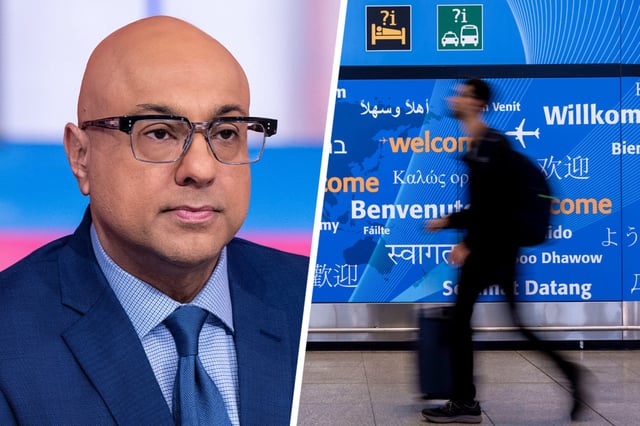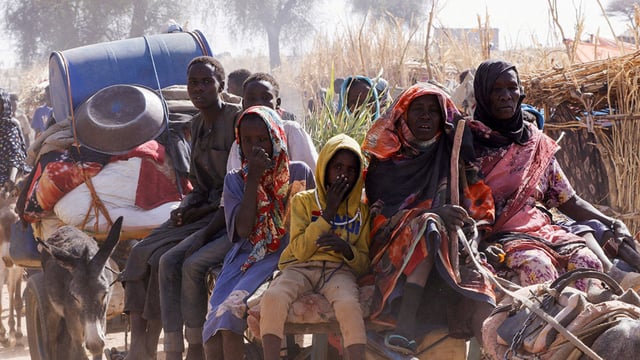Overview
- The ban, effective June 9, bars citizens of 12 countries—including Afghanistan, Iran, Somalia and Yemen—and imposes visa restrictions on seven others deemed to have inadequate vetting.
- Issued under Section 212(f) of the Immigration and Nationality Act, the order cites national security screening failures and lack of cooperation on deportations as justification.
- Narrow exemptions cover green card holders, noncitizens already in the U.S., Afghan Special Immigrant Visa recipients, athletes and immediate family members of existing visa holders.
- This measure extends the administration’s broader immigration overhaul that has curtailed refugee admissions, revoked temporary protected status and tightened student visa and deportation policies.
- Protesters in major cities denounce the policy as discriminatory, warning it threatens vital medical professionals and splits families dependent on cross-border travel.



